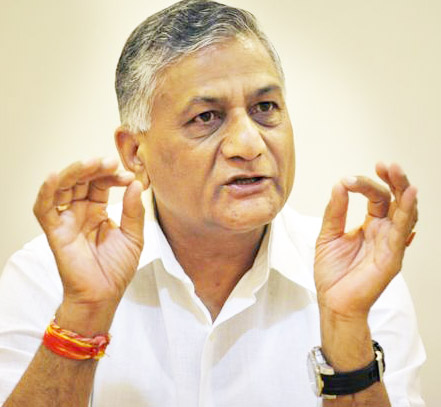NEW DELHI : As many as 272 Indian fishermen are currently lodged in foreign jails, including 220 in Pakistan and 34 in Sri Lanka, government said today.
Minister of State for External Affairs V K Singh told the Rajya Sabha that the main reason for frequent arrest of Indian fishermen by Sri Lankan authorities was due to the allegation that they indulge in bottom trawling and there being no physical demarcation of international maritime boundaries.
“As on date there are only 34 fishermen and 19 boats which are in custody of Sri Lanka. From time to time, government secures the release of Indian fishermen. The last release that took place was of 99 Indian fishermen on April 9 in exchange for 9 Sri Lankan fishermen,” he said.
Singh said this problem was “acute till we achieve some sort of an understanding between fishermen of both sides … The understanding has not been reached even after three rounds of talks between the two fishermen associations.”
Asked why an agreement is not put in place despite three rounds of meetings between fishermen associations in which governments are involved, he said “Sri Lankan fishermen have said that you all are involved in bottom trawling. Till the time that is stopped we cannot have an agreement on fishing in each other’s waters. That is the main reason that is stopping a proper agreement to come into place between two countries.”
Singh said bottom trawling is considered very bad in fishing circles as it wipes out the complete marine life and the Sri Lankan authorities say that “if you give an undertaking that your fishermen will not be involved in the practice, then they can take a different view.”
He said government accords highest priority to the safety and security of Indian fishermen and provides regular consular access to those detained in foreign countries and secure their early release by intervening at the highest level.
On Pakistan, Singh said as per bilateral agreement in May 2008, India-Pakistan Joint Judicial Committee consisting of retired judges of superior judiciary from two countries are meeting every six months and visiting jails to ameliorate the conditions, ensure humane treatment and expeditious release of prisoners. (AGENCIES)
Trending Now
E-Paper


